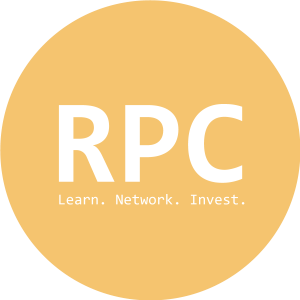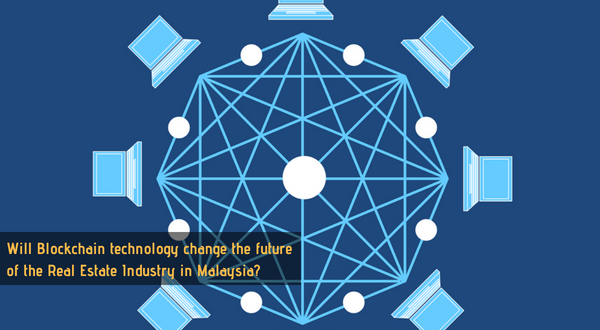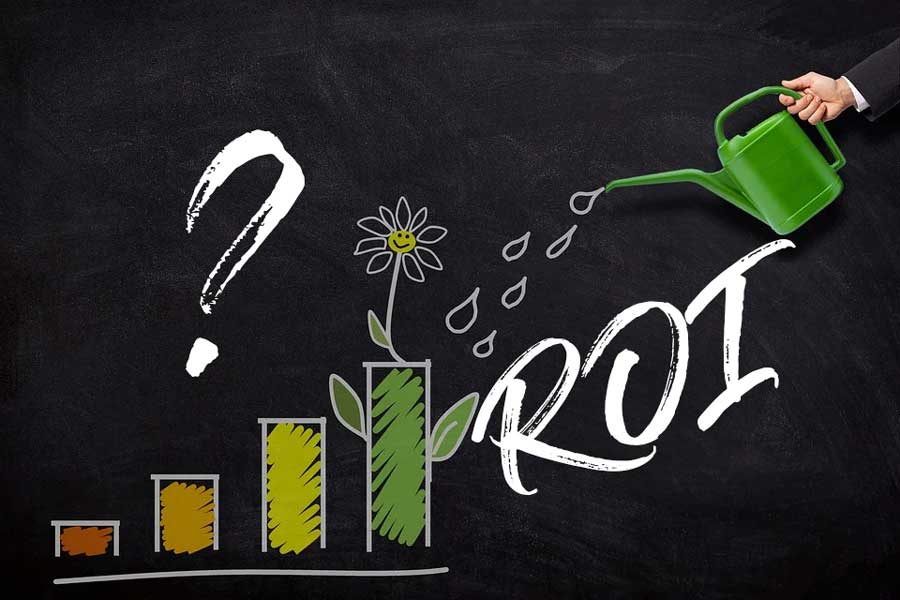Before we dive into blockchain influence in real estate, let us look at bigger picture. Property is the largest asset class in the world i.e. $228 trillion in 2017. This consist of $168.5 trillion in residential real estate and $32.3 trillion in commercial real estate and $27.2 trillion in agricultural land and forestry.
THE STATE OF REAL ESTATE IN THE WORLD

Most people agree real estate investment is a lucrative way to earn a living, but see it as a difficult industry to break into, especially with all that money on the line. But the gears are shifting and real estate is about to be made virtual. The real estate sector is in need of disruptive technology.
In Malaysia, the real estate market has not relied much on online data management and analytics software. The lengthy buying and selling process requires technology to help with property verification, field inspection, track vendor interactions, estimate expenses and ensure tax compliance are mainly done manually. However, marketing platforms often provide buyers with online catalogues and they can reveal buyer interests through search behaviour. Will this scenario change in the near future?
As the tech industry has evolved, so has the real estate industry’s reliance on technology.

Whilst more advanced countries have been using chatbots in the real estate market as a powerful tool for lead generation by automating the initial contact between buyers and sellers. We have also seen Virtual Reality or Augmented Reality allowing a buyer to take a virtual tour of a house from anywhere in the world. Some companies and banks are using Big Data to get a better understanding of communities and long term trends too for better real estate information.
While technology has improved, the industry has yet to see disruptive change that benefits both buyers and sellers.
Real estate is by far the world’s largest asset class in value but has yet to meaningfully adapt to modern information exchange standards and trading platforms, resulting in limited accessibility, and disparate, contradictory data.
But with the adoption of blockchain technology, that backs cryptocurrencies, may soon change the real estate market. Through tokenization of fungible assets, buying rights to a real world asset and converting its value into a proof-of-asset token, making moving assets more convenient, faster, and easier to split. It can be the perfect solution to address the demand for secure, integrated and accurate property information.
Blockchain technology in real estate removes the hassles of legal agreements and eliminates the need for paper money exchanges. With crypto-purchased real estate, the tedium of normal investments is replaced with instant trading via blockchain. Whether you’re buying or selling crypto in real estate is creating big opportunities for diversification.

In Malaysia and many other countries Real Estate property records are notoriously flawed. They contain mistakes, omissions, and are prone to fraud.
Blockchain which has proven effective in several industries as a disruptive technology that provides transparency, efficiency and privacy along a peer-to-peer network, can it do the same for the real estate industry? Some of the benefits of using blockchain technology in real estate are listed below.
In the real estate industry, blockchain can improve access to data, enhance security, lower costs and remove fraud. It can create a decentralized, shared and distributed ledger that significantly reduces the ability to misuse such records, and significantly increases data integrity and ease of access.
A shared ledger on a blockchain can improve the recording of a title or land claims, mortgages, liens, or even the nitty gritty details like colour of paint etc. which will be a challenge for fraudsters. Blockchain can completely revolutionize the way we record all aspects of real estate and real estate related transactions.
Once a transaction is recorded on a blockchain information, it becomes impossible to change or edit. It’s this component of blockchain technology that would reduce the risk of fraud and falsification of documents for transactions between landlords, tenants and relevant third parties. On a blockchain, every part of a lease or sale agreement would be automated, and payments would be received instantly–even outside of business hours.

Towards a seamless transactions on a decentralized marketplace.
The current centralized marketplace that utilizes a central authority, like a bank, is costly to operate in and is prone to business and political pressures. For transactions to occur in the real estate market, one of the largest centralized marketplaces, banks and often real estate firms are needed to confirm a transaction.
But a decentralized marketplace that can exist on a blockchain, provides buyers and sellers more access to data and better security. The power could very well go back into the hands of buyers and sellers even for small players with the adoption of blockchain technology and a decentralized marketplace.
The external real estate marketplace is fast changing and it is a matter of time we will need to keep up with the change too.
P/S: FOR MORE UPDATES ON THE PROPERTY MARKET, REMEMBER TO SUBSCRIBE TO OUR MAILING LIST AT https://www.rapidpropertyconnect.com/ FOR WEEKLY UPDATES!









